Spain are football’s champions of Europe. England lost the final to the better team, on the night and through the tournament. Spain had already beaten Germany, Italy and France – the hosts, European champions and most recent World Cup winners from our continent. Nobody could deny that they are worthy winners of Euro 2024.
England’s men have been Euros runners-up twice in three years. Having waited over half a century to reach one major final, losing two in a row marks significant progress, yet may feel like carelessness too. The disappointing ending reflected this curious, tetchy footballing summer. The liberating spirit of past tournaments, where England teams exceeded expectations before semi-final defeats, proved harder to revive. The rainy weather and the scheduling clash with election politics probably didn’t help. Nor did the football.
England’s talented team struggled in their first five games. Exhilarating moments – Bellingham conjuring an escape from defeat to Slovakia, or the joy at five perfect English penalties against the Swiss – briefly trumped the frustrations. But the criticism clearly got to Gareth Southgate and his team – and may influence the coach’s choice to stay or go in the days ahead.
England’s fluent semi-final victory, topped by supersub Ollie Watkins’ goal, meant they headed into the final with hope, if not expectation. Such occasions bring people together like almost nothing else. Many who don’t follow football join in for these big moments. Indeed, more people – 23 million – saw Cole Palmer’s equaliser briefly restore English hopes last night than the 20 million who watched live during the crowning moment of last year’s Coronation of the King.
I have never managed to pass my lifelong addiction to football on to my eldest son, yet he was in an England Euro 2024 top with red and white face-paint to watch the final with his 16-year-old friends. The group were disappointed not to see England win – though their own memories of previous losses and near misses only stretch back to 2014.
Does England’s disappointment mean football isn’t ‘coming home’ after all? Only up to a point. “It’s coming home” had a dual meaning when coined in the Three Lions song ahead of Euro 1996. The original point was that England would host the tournament, in the country that invented football a century earlier.
After 1998, with the song re-released for the World Cup in France, “it’s coming home” became mainly about bringing a trophy back from a tournament abroad. “It’s coming home, for sure”, a passer-by told me as I walked the dogs, wearing my England top a few hours before kick-off. Prime minister Sir Keir Starmer and US president Joe Biden were even asked whether football was coming home in Washington last week, leaving White House correspondents to try to explain the English footballing vernacular. England will try again in the 2026 World Cup across the Atlantic, a tournament that I have long believed this talented generation are fated to win.
Win or lose, football is coming home in the first, perhaps truer, sense in 2028, when the Euros are co-hosted across the nations of the UK and Ireland. Hosting a major tournament is different. A UK-wide event, where the British teams each compete in national colours, presents challenges in a somewhat disunited kingdom increasingly aware that this is a multinational union.
Euro 2028 will have more geographic reach across the nations and regions than an Olympic or Commonwealth Games. If we prepare and get it right, we could unlock its unique potential to champion inclusive national and local patriotisms, and football’s power to help us to connect locally too.
One urgent question is whether four or five nations will host. Northern Ireland's participation is in jeopardy. It is not clear how the new Casement Park stadium will be paid for. Northern Ireland secretary Hilary Benn said the Labour government is committed to making the stadium happen, but cannot guarantee it would be ready for Euro 2028. Northern Ireland’s absence would diminish the contribution that the UK co-hosting with Ireland can make to deepening relationships of reconciliation.
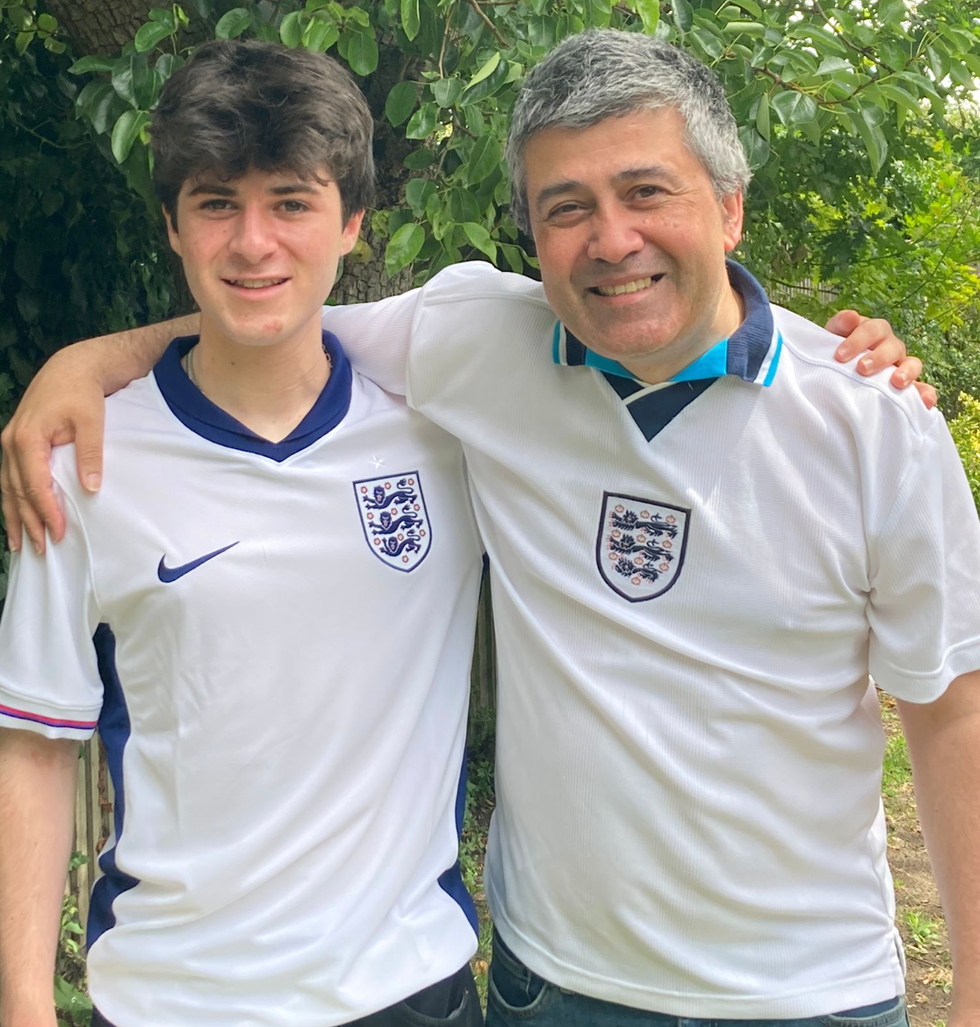
In England, calls to ensure the tournament year recognises the 50th anniversary of Viv Anderson becoming England’s first black international footballer have been backed by the pioneering players of that generation, such as West Brom legend Brendon Batson and Anderson himself. British Asians of my generation were beneficiaries of how those players broadened what it meant to be English – and of the culture shifts in the stadium in Euro ’96 and the Gareth Southgate era.
Yet the Asian contribution to the national game remains mostly an emerging chapter yet to be written. “England is a story we are all writing”, wrote James Graham, the Dear England playwright, in the BBC opening montage. Football coming home in 2028 offers our chance to write the next chapters of the national story, both on and off the field.
(Sunder Katwala is director of the thinktank British Future and author of ‘How to be a patriot’.)
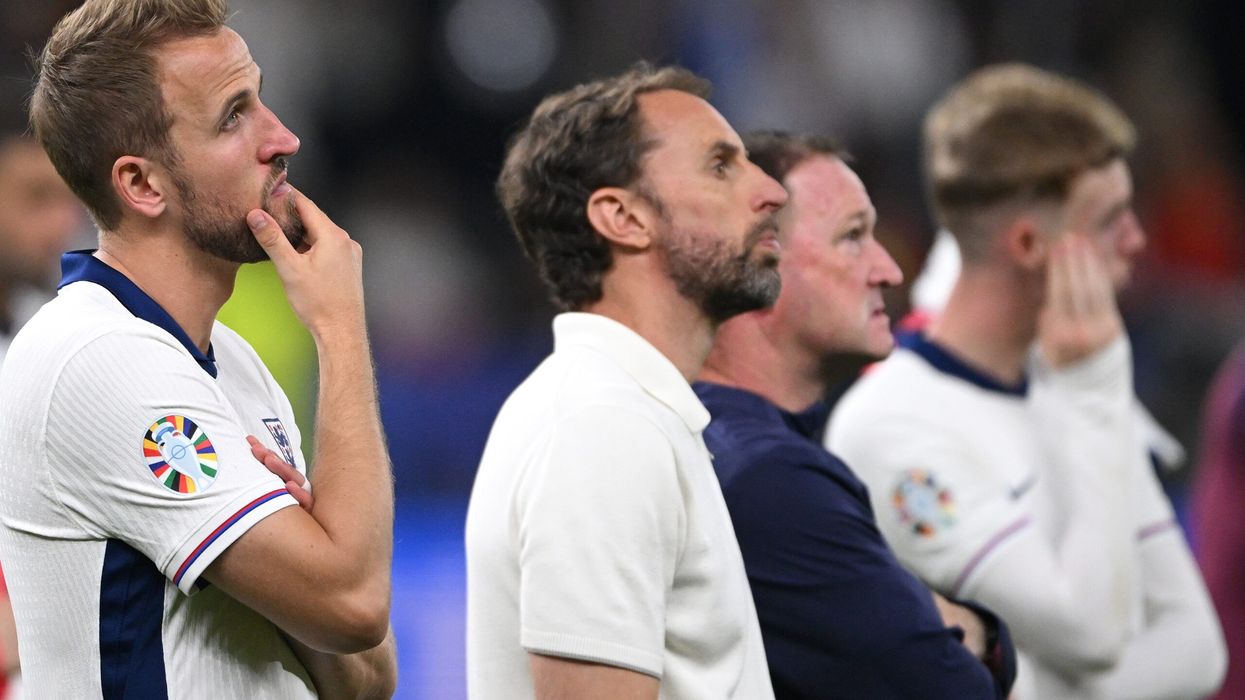




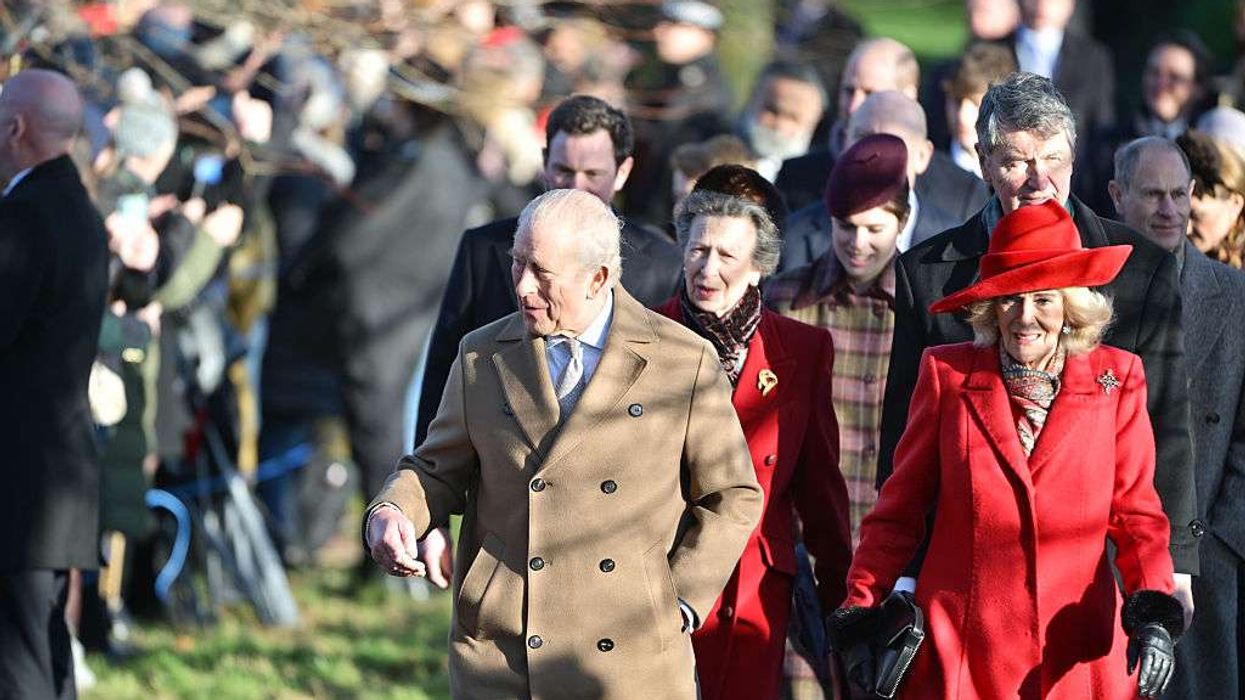
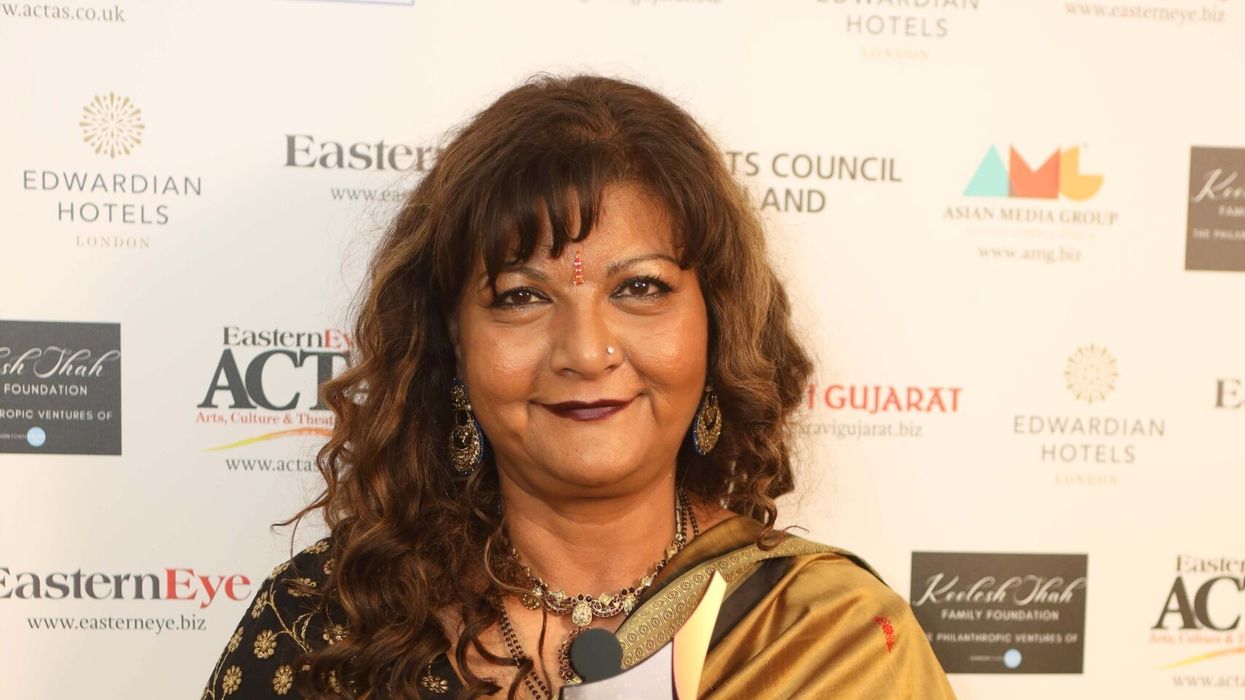 Tanika Gupta
Tanika Gupta 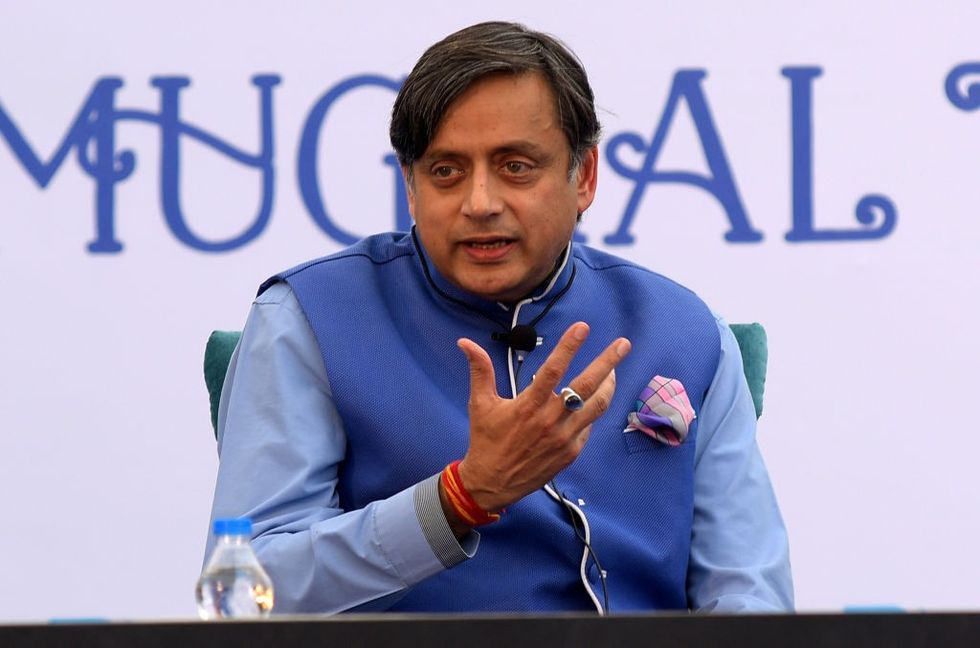 Shashi Tharoor AFP via Getty Images
Shashi Tharoor AFP via Getty Images 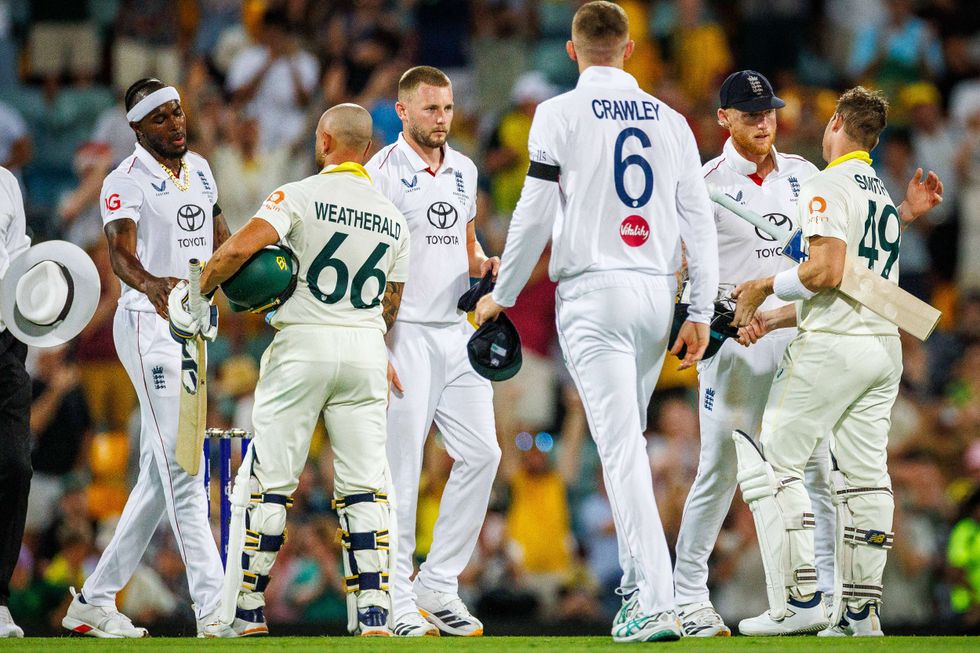 English cricket writers are distraught that in the current “Ashes” series against Australia down under Getty Images
English cricket writers are distraught that in the current “Ashes” series against Australia down under Getty Images 





